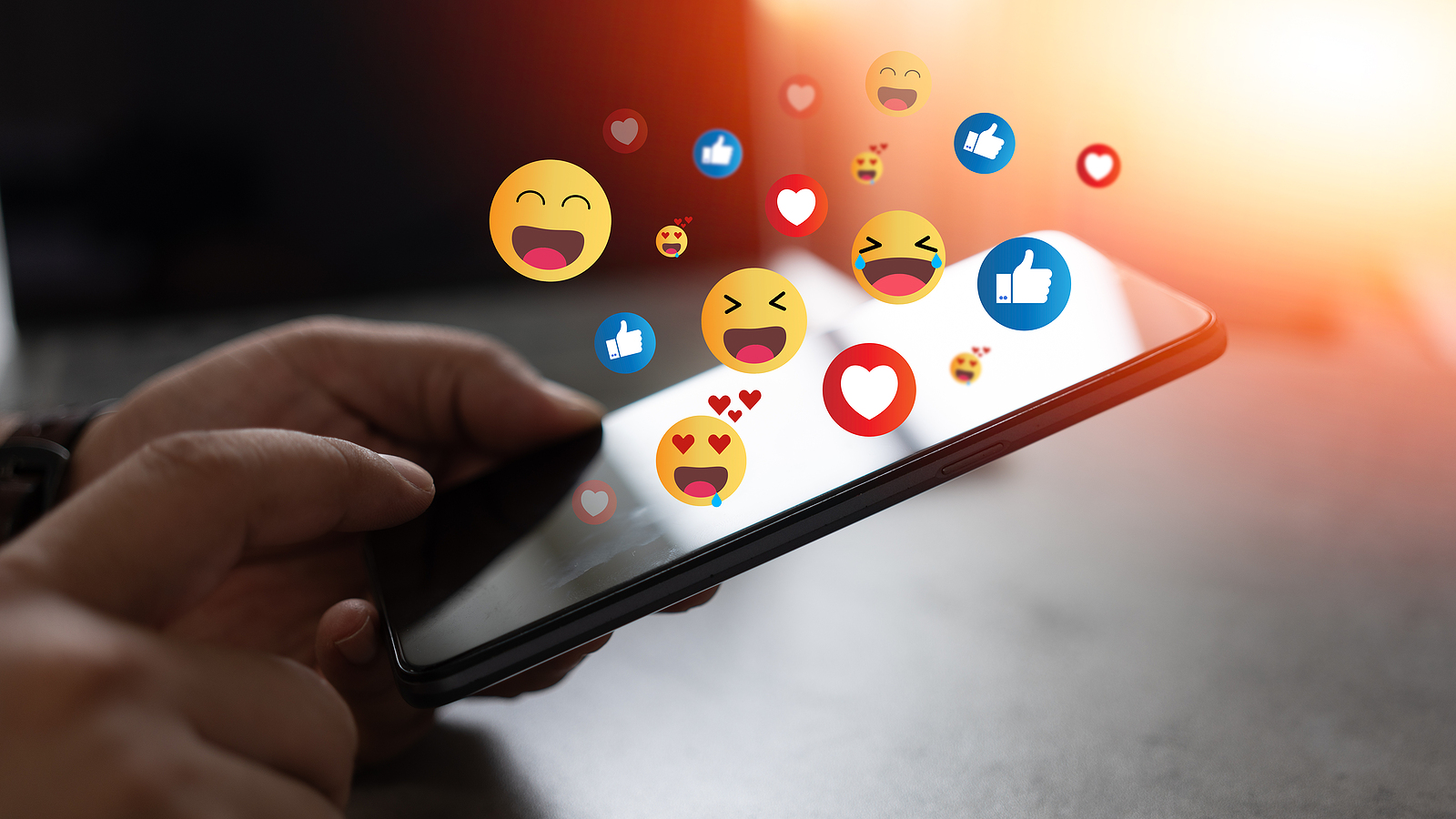Over the last 20 years since social media was invented, it has had a huge impact on most people’s lives.
Not only has it changed business marketing, how people connect with each other, and how news is spread, it has also affected users’ mental health for the negative.
The situation has become so bad, in fact, that Meta, which owns Facebook and Instagram, is currently being sued in the US by dozens of states.
According to the BBC, the lawsuit states the company hides the “substantial dangers” of social media use.
New York attorney general Letitia James, who has joined the lawsuit along with 32 other attorney generals, told the news provider: “Social media companies, including Meta, have contributed to a national youth mental health crisis, and they must be held accountable.”
So, in what ways does social media have a negative impact on people’s mental health?
Cyberbullying
Although social media was first introduced to enhance communication and connection among people, it also means bullies have access to victims 24 hours a day.
Having the protection of their online profile also makes it easier for people to troll others without having to face repercussions or see the impact it has on victims.
According to the Cyberbullying Research Center, nearly half (45.5 per cent) of students between 13 and 17 have had experience of cyberbullying.
Social isolation
Despite having hundreds of friends on Facebook or even millions of followers on Instagram, social media is known to make people feel isolated.
They might be connected online to countless people, but these are not authentic relationships and the lack of face-to-face communication can lead to loneliness.
Seeing someone in person promotes proper conversations, genuine reactions and shared experiences, all of which cannot easily be replicated online.
Comparison
Instagram, SnapChat and TikTok are often blamed for making people feel inadequate about their everyday lives, thanks to seeing others posting amazing photos and videos.
These pictures and clips might make people feel as though they are not achieving enough, while enhanced or doctored photos can lead to unrealistic expectations of what everyone should look like.
Decrease in privacy
People share a huge amount of their lives on social media, uploading photos, or posting about what they are up to, and even what they believe in.
While this might help them to connect with like-minded people they would, otherwise, have never met, it comes at a sacrifice of their privacy.
Consequently, sharing their lives online means they are subject to people’s opinions, scrutiny and even abuse.
They also might find they are unable to enjoy some freedoms like they could before, particularly if they gain millions of followers and earn a certain level of fame.
Addiction
Another reason why social media has a bad impact on people’s mental health is that it is very addictive. Many users spend several hours of the day on their accounts, wanting to keep updated with the latest trends and posts, which could affect their social life and job commitments.
Like any behavioural addiction, victims feel a compulsion to keep doing it, and although it will not directly impact their physical health like smoking or drinking would, it can cause the breakdown of relationships, affect their finances, and result in a decline in work performance.
Other than going cold turkey, one of the only ways to break this addiction and process the damage caused by social media is to seek professional help from a counsellor.

